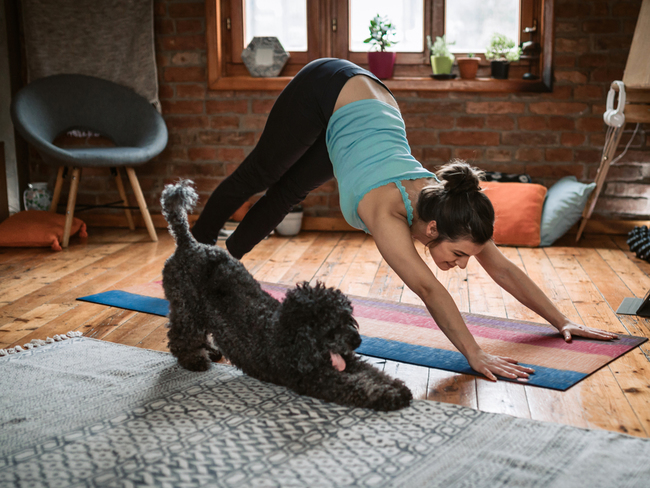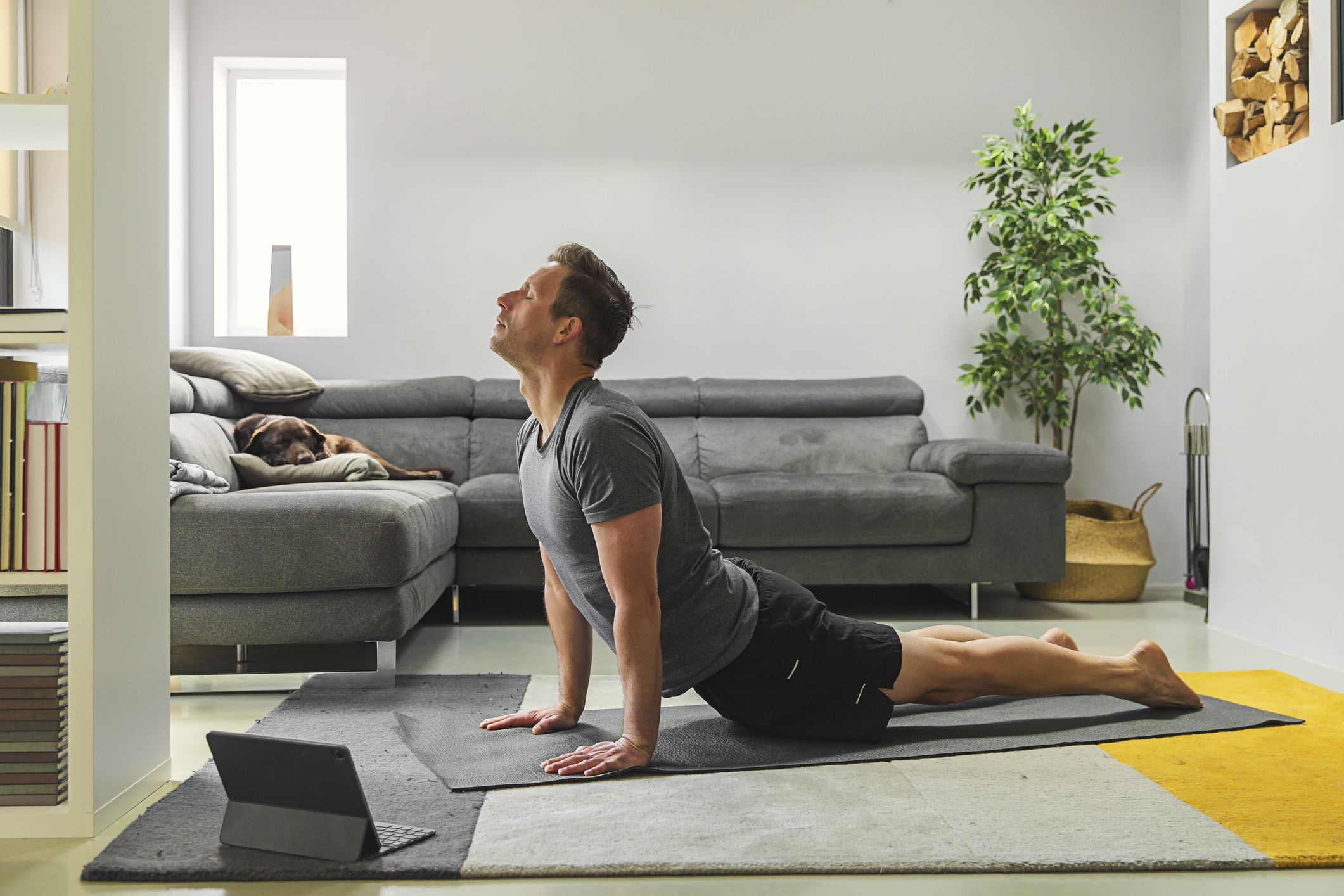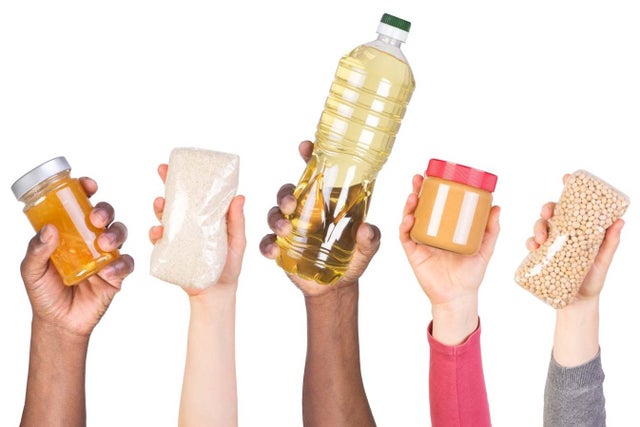Here's How You Keep Yourself Fit & Healthy During Lockdown

Many countries are now under lockdown. This measure is crucial to minimise the spread of Covid-19, but what impact will it have on health and wellbeing?
Research shows that being sedentary is bad for your physical and mental health, so staying active during this difficult time is important. Being physically active helps lower blood pressure and cholesterol and can significantly reduce the risk of heart disease, stroke and diabetes. It also helps maintain muscle mass and bone density, reducing the risk of developing sarcopenia (loss of muscle mass) and osteoporosis (loss of bone density).
Physical activity also helps to keep your immune system working effectively as it flushes bacteria from the lungs and airways, increases white blood cell circulation and raises body temperature, all of which help the body fight infection.
As well as the physical health benefits, keeping active is a great way to ward off some of the psychological issues associated with being cooped up for an extended time. Being active helps lower stress hormones such as cortisol and promotes the release of feel-good hormones, such as endorphins.
Many people exercise in a gym or go for a run in a local park, so being forced to spend long periods of time at home is going to pose a challenge for remaining active. So what can we do to ensure we make the most of the situation and keep ourselves fit and healthy?

First, if you are not in self-isolation and are allowed to venture outside (as people in the UK can, but just once day), then regular walking, running or cycling is a great way to stay active. Just be sure to keep a distance of two metres away from other people.
But even if you’re stuck at home, there are ways you can stay active and continue your workout routine – and some of these require very little or no equipment. If you are lucky enough to own an exercise bike or treadmill, then you will already be accustomed to this in-house way of keeping fit. But if these are not possible then any activity that raises the heart rate is good for cardiovascular health.
Try walking briskly around the house or up and down the stairs. And stand or walk around when you’re on the phone, rather than sitting down. Dancing is also a great way to keep active, especially with children, so putting on some music for 10 to 15 minutes, two or three times each day can really contribute to the daily exercise quota.

Alternatively, you could dig out that old skipping rope from the garage, re-engage with those long-forgotten fitness, yoga, tai chi or pilates DVDs, or use the many apps and YouTube videos promoting physical activity.
Resistance exercises can also help strengthen your muscles and improve your mobility. Some of these exercises can be performed using weights or resistance bands, but if you don’t have access to them, that shouldn’t stop you. Squats or sit-to-stands from a sturdy chair, push-ups against a wall or the kitchen counter, and lunges or single-leg step-ups on stairs are all great for those new to these kinds of exercises.
You could even put your tins of baked beans, bags of rice, bottled water or flour to good use. They make great dumbbell substitutes or, if you tie them up in a carrier bag, you have an improvised kettlebell.

If these items aren’t heavy enough for you, consider using the heaviest item in many households – your children. Safely, of course.
As a balanced workout should incorporate pulling as well as pushing motions, take a jacket (made of a relatively strong material) and tie it tightly around a post (or tree) and pull your body weight.
If you need some guidance about the kind of exercises to do at home then the NHS has put together a 10-minute home workout to get you started. Or if you fancy a bit more of a challenge, you could always try this BBC resource developed with Team GB Olympians. Alternatively, apps such as Bean, which promotes fitness and healthy eating, can now be downloaded for free.
Throughout this time of uncertainty, something we can take control of is our health and wellbeing. So, whatever your situation, try to keep active, eat healthily and stay hydrated.
Follow us on Twitter. Feel free to comment on the blog and give us your valuable feedback.



Comments
Post a Comment